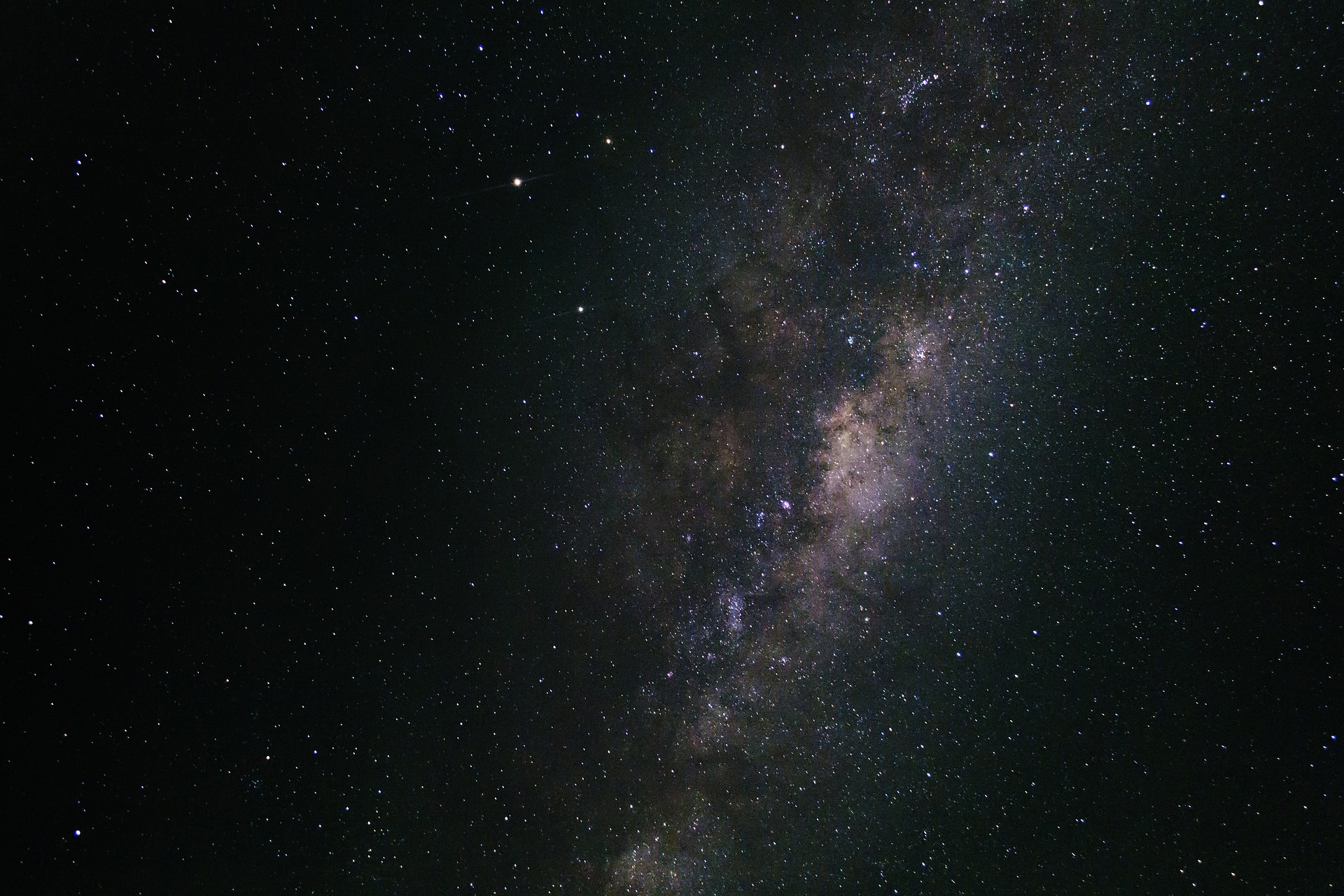The SPACE Lab is focused on the development of new technologies for the exploration of space, mainly through small spacecraft and Ocean World probes. Our current projects are:
Mission Concept Development of a CubeSat for Earth Observations (MECO)
Space weathering is a constant process in which planetary bodies are impacted by solar radiation, cosmic debris, and other various sources. Our Moon is a great example of such processes, showing varying albedo characteristics throughout its surface. To measure that albedo and its change over time, a hyperspectral imager ranging from ultraviolet to infrared is necessary, and such payload could be inspired by other imaging CubeSats currently in orbit. The Mission Concept Development of a CubeSat for Earth Observations (MECO) is a mission concept for a CubeSat in Low Earth Orbit (LEO) to validate such a hyperspectral imager. This project has been funded by a NASA/AFRL initiative in 2023 and our first paper on this topic will become available in early January, at the AIAA SciTech Conference proceedings.
CubeSat Swarm Orbital Maneuvers for a Mission to Study Uranus’s Atmospheric Environment (COMMUTE)
Uranus is the planetary exploration target of this decade. An array of questions about Uranus remain unanswered, ranging from its interior composition, atmospheric composition, formation, and magnetic field. A swarm of low-weight spacecraft would be perfectly suited for measuring multiple of those unknowns by relaying on measurements of the same phenomena from different angles. Being light also allows for a shorter transfer time, making it possible for the spacecraft to arrive on Uranus before the next solstice. Our CubeSat Swarm Orbital Maneuvers for a Mission to Study Uranus’s Atmospheric Environment (COMMUTE) project is studying the viability of such a mission concept which, if feasible, could help designing the next NASA Flagship Mission. Take a look at our most recent publication here:
Imminent Non-trackable Debris Elimination Using Shielding Technology (INDENT)
The density of space debris in Low Earth Orbit (LEO) has been growing exponentially over the last decade. Accidental in-orbit collisions, spacecraft breakdowns, and anti-satellite weapon tests have generated thousands of millimeter-scale particles that are too small to be tracked from the Earth's surface. Given the high speed in which those particles travel, those non-trackable debris can be damaging, or even catastrophic to the spacecraft they encounter. We are working on a concept of a non-trackable debris collector that is based on the Whipple Shield technology used on the International Space Station (ISS): multiple layers of material that breakup, slow down, and capture the particles they encounter. Our first paper on this topic will become available in late October, at the AIAA ASCEND Conference proceedings.
pysimCoder - A Novel Approach to CubeSat Command and Data Handling
Modern spacecraft rely on the use of onboard computers and flight software (FSW) to perform the necessary mission operations. Commonly, software and computer are referred to as the Command and Data Handling (CNDH) subsystem. The CNDH manages telemetry, command, and mission data and also handles all the software running on the spacecraft and the interfaces with and between the other spacecraft subsystems. In this project, we are testing a new Python-based, open source control system (developed at SUPSI by Prof. Bucher) called pysimCoder as the baseline architecture for a CubeSat CNDH subsystem. Our first paper on this topic will become available in early January, at the AIAA SciTech Conference proceedings.


 Give to Florida Tech
Give to Florida Tech 